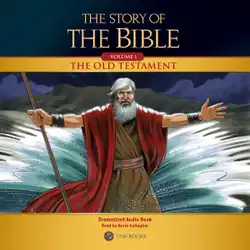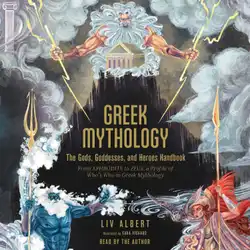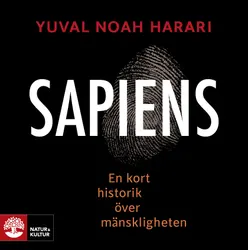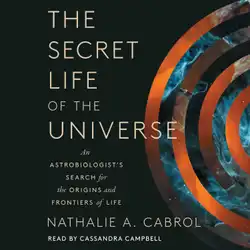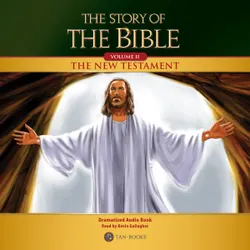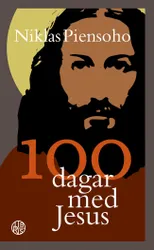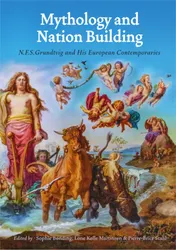Stories of gods, heroes and monsters permeated discourses of national selfhood in the nineteenth century. During this tumultuous time, Europe’s modern nations arose from the misty waters of long-forgotten national pasts – or so was the perception at the time. Each embedded in their particular national and political contexts, towering cultural figures – N.F.S. Grundtvig, Jacob Grimm, Jonás Halgrímsson, William Morris, Adam Oehlenschläger and many more – were catalysts for the formation of national discourses of belonging, built upon the mythological story-worlds of Europe’s non-classical vernacular pasts.
This interdisciplinary book offers new perspectives on the uses of pre-Christian mythologies in the formation of national communities in nineteenth-century Northern and Western Europe. Through theoretical articles and case studies, it puts forth new understandings of how cultural thinkers across Europe utilized pre-Christian mythologies as symbolic resources in the forging of national communities. Perceptions of national identity were thus shaped, many of which are still at play today.

